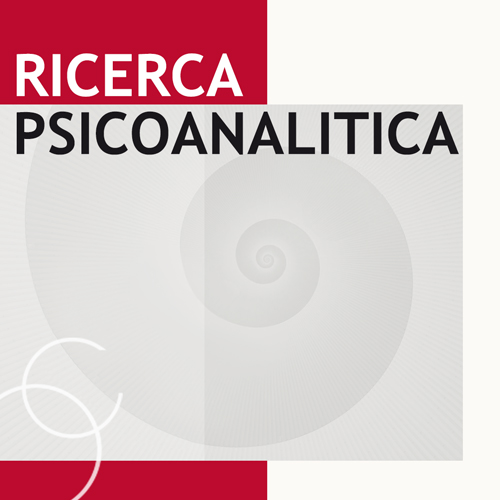Which configuration?

Submitted: March 17, 2024
Accepted: April 20, 2024
Published: August 28, 2024
Accepted: April 20, 2024
Abstract Views: 2622
PDF (Italiano): 248
PDF: 177
PDF: 177
Publisher's note
All claims expressed in this article are solely those of the authors and do not necessarily represent those of their affiliated organizations, or those of the publisher, the editors and the reviewers. Any product that may be evaluated in this article or claim that may be made by its manufacturer is not guaranteed or endorsed by the publisher.
All claims expressed in this article are solely those of the authors and do not necessarily represent those of their affiliated organizations, or those of the publisher, the editors and the reviewers. Any product that may be evaluated in this article or claim that may be made by its manufacturer is not guaranteed or endorsed by the publisher.
Similar Articles
- Maria Luisa Tricoli, Massimo Fontana, Federica Formaggi, Marina Romano, Paths in dialogue: on the tracks of a Subject in becoming , Ricerca Psicoanalitica: Vol. 35 No. 2 (2024)
- Cesare Albasi, Alioscia Boschiroli, Daniele Paradiso, A relational psychoanalytic perspective on trauma, dissociation, and their relationship to psychopathology and borderline organisation , Ricerca Psicoanalitica: Vol. 33 No. s1 (2022): Italy and its relational proposals
- Gian Paolo Scano, Emotionally marked link and meaning , Ricerca Psicoanalitica: Vol. 33 No. s1 (2022): Italy and its relational proposals
- Romina Coin, Some thoughts on the subject and relations , Ricerca Psicoanalitica: Vol. 33 No. s1 (2022): Italy and its relational proposals
- Daniele Morelli, Laura Corbelli, Creativity in psychotherapy as a ‘co-reflexive dialogue between acting subjects’: a clinical and theoretical proposal , Ricerca Psicoanalitica: Vol. 35 No. 2 (2024)
- Maria Luisa Tricoli, Becoming a psychoanalyst: supervision as a central moment of training , Ricerca Psicoanalitica: Vol. 34 No. 2 (2023)
- Miriam Gandolfi, They killed Spider-Man. Birth, splendour and decline of a mythical phase of clinical psychopathology and psychotherapy. Is there still room for their scientific dignity? A complex connexionist proposal , Ricerca Psicoanalitica: Vol. 33 No. 2 (2022)
- Miriam Gandolfi, ‘Anxiety and depression’: document of 2022 Ministry of Health Consensus Conference. What is the purpose? The question is a good one and needs an answer , Ricerca Psicoanalitica: Vol. 34 No. 2 (2023)
- Rocco Filipponeri Pergola, Costanza Rosati, The school as a place for a ‘social clinic’ (PolisAnalysis) , Ricerca Psicoanalitica: Vol. 33 No. 1 (2022)
- Monica Negretti, Daniela Negretti, Myriam Mascetti, Temptations and attempts in the daily work of teachers: reflections beyond the pedagogy of presence , Ricerca Psicoanalitica: Vol. 33 No. 1 (2022)
You may also start an advanced similarity search for this article.

 https://doi.org/10.4081/rp.2024.898
https://doi.org/10.4081/rp.2024.898




